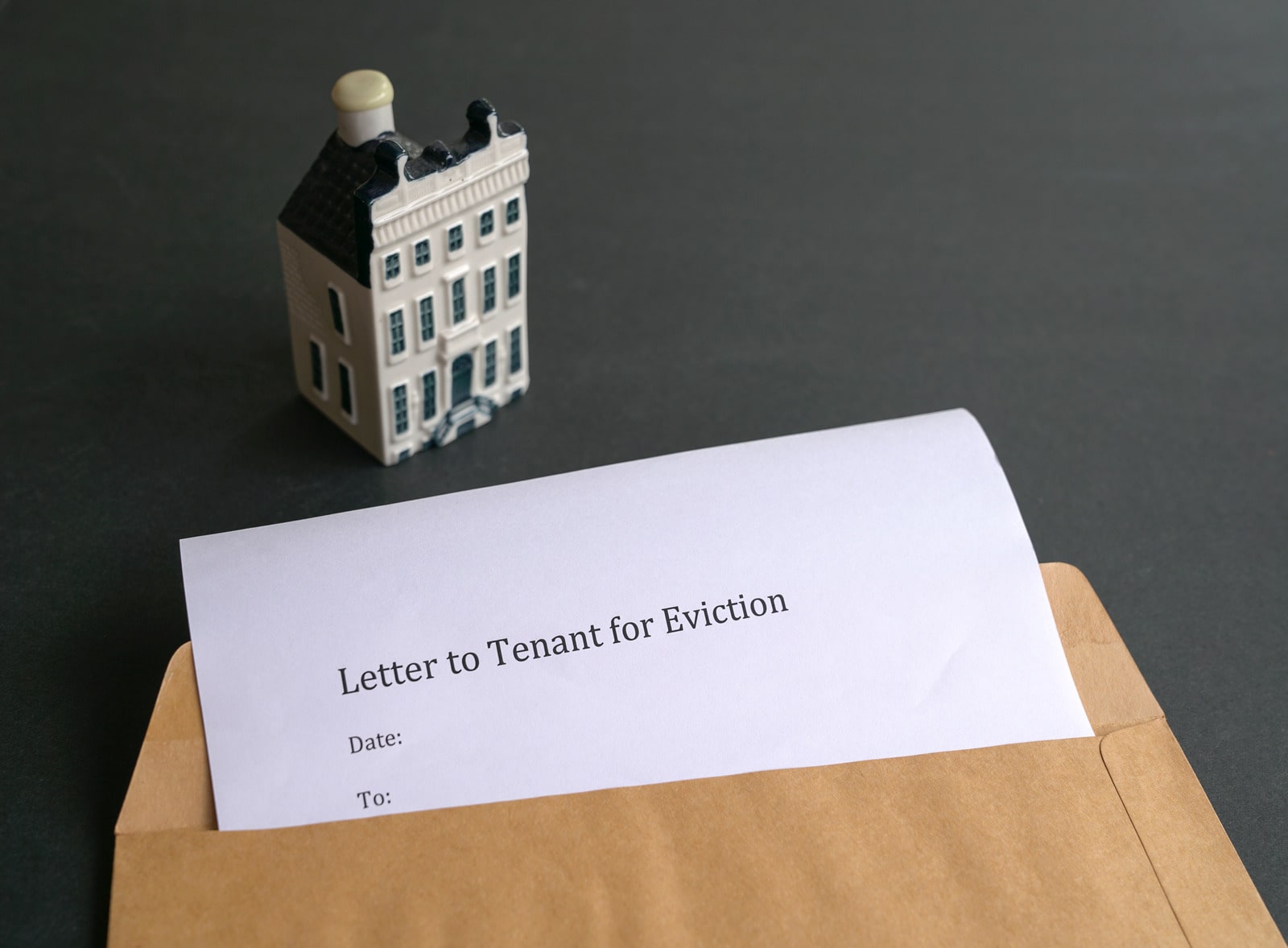How familiar are you with the Virginia Residential Landlord and Tenant Act (VRLTA)? This is the law that rental property owners need to study and understand in order to effectively rent out properties in the state. Knowing the law can prevent you from being sued or finding yourself facing a courtroom and penalties you’d rather not pay.
Understanding and following the law is also necessary for the relationship you establish with your tenants. They’ll expect you to understand your own responsibilities.
State laws are one thing. There are also federal laws to understand. The Fair Housing Act, for example, and the Americans with Disabilities Act.
If you don’t understand the importance of staying up-to-date with these local and national housing laws, we’re going to show you why it’s compulsory. We’ll also talk about some specifics that need your attention by highlighting the legal areas that are where mistakes are most often made.
Fair Housing and Virginia Rental Properties
This is the big one.
Fair housing violations are expensive, and they’ll also seriously damage your reputation as a landlord. Make sure you understand fair housing requirements so you can avoid potential risk, liability, and lawsuits.
The federal Fair Housing Act prevents you from discriminating against tenants or applicants based on:
Color
Race
Disability
Familial status
National origin
Religion
Sex
These are considered “protected classes,” and you need to be aware of the potentially discriminatory language that’s often used as well as practices that are inconsistent or unfair. You may not intentionally discriminate against someone for any of these reasons, but mistakes are easy to make. Be cautious, and always work with a property manager if you’re in doubt about how you should proceed.
The state fair housing laws go a bit further when it comes to who is protected. In addition to all of the federal protected classes, Virginia also makes it illegal to discriminate against tenants or applicants based on elderliness, source of funds, sexual orientation, gender identity, or military status.
Landlord Warranty of Habitability
As a rental property owner, it’s your responsibility to provide a home for tenants that is safe and habitable. The property must meet all Virginia building and housing codes. The implied warranty of habitability law requires landlords to:
Provide their tenant with a property that has working electrical and plumbing systems.
Respond to tenant maintenance requests promptly, especially those emergency repairs that are needed to maintain habitability standards.
Ensure the property is sanitary so it doesn’t constitute a health hazard.
If your property does not meet these requirements, the law provides the tenant with some options. Among these options is for the tenant to exercise their right to “repair and deduct” from rent. This is not a situation you want to find yourself in, so make sure you’re maintaining your property.
Virginia Security Deposit Laws
There are specific laws that need to be followed when you’re collecting, holding, and returning security deposits. For example, Virginia state law prohibits you from collecting more than the equivalent of two months’ rent when a tenant is moving in.
You also have some strict timelines to pay attention to. According to state law, landlords are required to return the security deposit to the departing tenants within 45 days of the tenant moving out. You are not required to provide any advance notice of deductions you might be making, however, you do have to know what you’re permitted to charge the security deposit for, and what you’re not.
You are legally allowed to charge the security deposit for:
Tenant damage that exceeds wear and tear standards.
Unpaid rent or utility bills.
Vacancy caused by a lease break.
Trash removal and cleaning.
If the tenant isn’t receiving a full deposit refund, send back the amount that they are entitled to, and then also include an itemized list of what you’ve deducted and why. Be specific and include receipts, invoices, and other documentation to support what you’ve charged.
Sometimes, conflict can arise between landlords and tenants when it comes to security deposit returns. If your tenant disputes what you’ve withheld and you’re taken to court, you could find yourself ordered to refund the entire security deposit. Or, if you don’t return the deposit in time, you could face expensive penalties.
This is why we always encourage owners to be detailed in their move-in and move-out inspections. Document everything carefully, and if a tenant pushes back against a deduction you’re making, decide how well you think your case will stand up in court.
Disclosures in a Virginia Lease Agreement
Virginia law mandates that you make certain things known to prospective tenants before signing a lease with them or accepting any rent or security deposits. The disclosures that are required in your lease agreement include:
Mold. If mold has been detected at your property, let prospective tenants know when it was discovered and how it was remediated.
Lead Paint. This is also a federal law because exposure to lead can cause health problems. If there’s lead paint on your walls or window sills, disclose this to your tenants.
Renovation or Demolition. Plans for significant structural changes to the property within the next six months must be disclosed.
You also must let your tenants know if you sell the property during the tenancy. You’ll be required to let your tenants know who the new owners are.
Tenant’s Right to Privacy
You’ll need to notify your tenants before you enter the property, unless there is an emergency that requires you to go inside right away. If you want to enter to make routine repairs or conduct a maintenance check, then you must provide your tenants with a notice of at least 24 hours.
If the visit involves the application of insecticides or pesticides, then it should be at least 48 hours.
While you might need to enter the property for any number of reasons, tenants have the right to quiet enjoyment of their home. You cannot simply show up and expect that you can take a look around. If you want to enter the property while a tenant is living there, provide the required amount of notice, and make sure it’s in writing.
Notice of Rental Increases
There’s no rent control in Virginia, so you’re permitted to raise the rent as much as you think you should. However, there are state laws that impact how much notice is required before the rental amount changes.
You must give your tenants a 30-day written notice of the amount that your rent will increase. This typically happens at lease renewal time, so make sure you’re timing your offer of a lease renewal with the rental increase you plan to implement. If a tenant objects to the new rent amount, they have the right to vacate the unit within that 30-day period.
Eviction Laws in Virginia
 Virginia law requires you to terminate your tenancy before you remove a tenant from the property. You can evict for nonpayment of rent and other lease violations. Every eviction must start with a written notice, and the amount of notice you give depends on the reason for eviction.
Virginia law requires you to terminate your tenancy before you remove a tenant from the property. You can evict for nonpayment of rent and other lease violations. Every eviction must start with a written notice, and the amount of notice you give depends on the reason for eviction.
Nonpayment of Rent. You will want to serve a Five-Day Notice to Pay Rent or Quit if your tenants are late paying rent. This notice gives tenants five days to pay the rent or move out of the home. If the five days come and go and your tenants still have not paid the rent, you can go to court to file the eviction lawsuit.
Lease Violations. When a tenant violates the lease agreement and the violation can be remedied to bring the tenant into compliance, you can serve a Thirty-Day Notice to Cure or Quit. Maybe you’ve discovered an unauthorized pet. Your tenant will have 30 days to find a new home for that pet or move out of the property. If the tenant does not remedy the violation or move, then you can file an eviction lawsuit against the tenant at the end of the 30 days.
Lease Violations that cannot be Remedied. When there’s a major violation in which the tenant cannot come into compliance, you’ll serve a Thirty-Day Unconditional Quit Notice. Perhaps the tenant caused major damage to the rental home. You’ll need to serve the notice that specifies this act and identify it as a breach of the lease. The notice gives the tenant 30 days to move.
Criminal Acts. You’re not required to provide any notice when you evict because of a criminal act. This includes violence and drug activity.
These are just a handful of state and federal laws that need your attention when you’re renting out property. We cannot stress enough the importance of remaining in compliance. A simple legal mistake will be difficult to recover from, and expensive.
Property managers can keep you in compliance. We understand the law and how it’s applied. If you have questions or need any help, please contact us at Doud Realty Services, Inc. We provide expert property management in Norfolk, Portsmouth, Hampton Roads, as well as surrounding areas such as Virginia Beach, Suffolk, Chesapeake, and Newport News.


